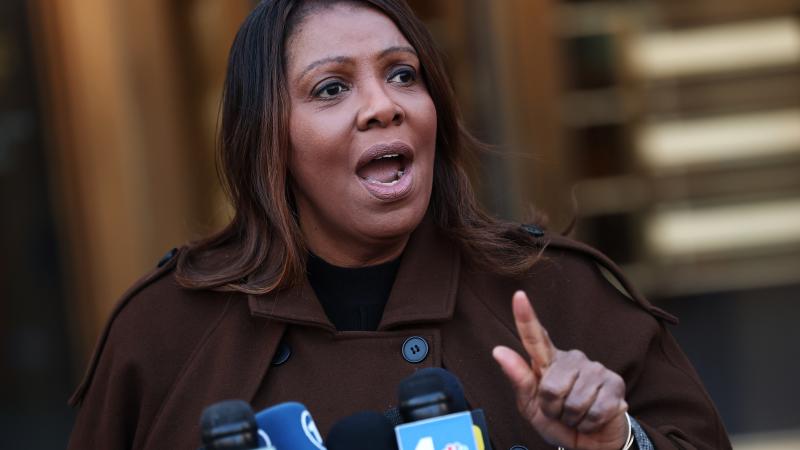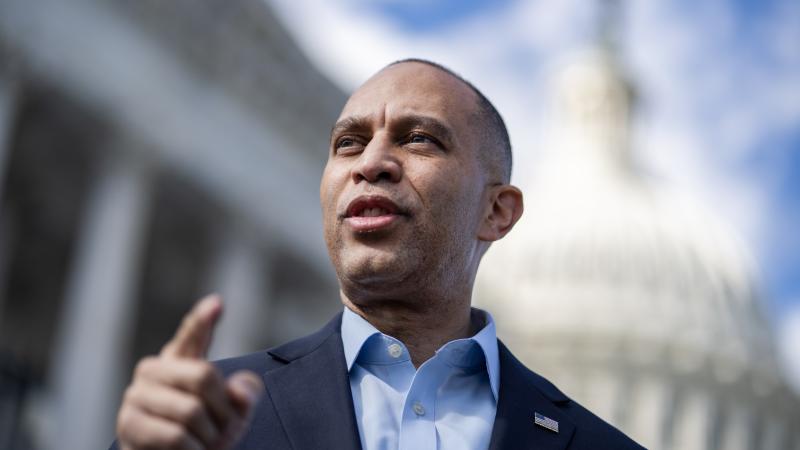NY consumer protection bill backed by AG Letitia James needs only Hochul's signature
Business groups pushed back against the legislation they said would lead to a wave of “legal shakedowns” targeting small employers.
(The Center Square) -
(The Center Square) — A watered-down consumer protection bill awaits the governor’s signature, even after business groups pushed back against the legislation they said would lead to a wave of “legal shakedowns” targeting small employers.
The Fostering Affordability and Integrity through Reasonable Business Practices, or FAIR Act, is intended to strengthen consumer protections against deceptive practices like junk fees, deed theft and hard-to-cancel subscriptions. It was approved by the state Legislature in a series of votes this week, and awaits action by Democratic Gov. Kathy Hochul.
Attorney General Letitia James, who championed the proposal, said it will protect businesses from "predatory" lenders, shield homeowners from bad mortgage servicers and patients from abusive debt collection, and close "loopholes that make it easy for New Yorkers to be cheated out of their time and hard-earned money."
“Too many New Yorkers are being taken advantage of by mortgage servicers charging unnecessary high fees, debt collectors stealing Social Security benefits, and health insurance companies with unfair billing practices," James, a Democrat, said in a statement.
The legislation, if signed by Hochul, would empower the attorney general's office to target fraud related to student loans, data breaches and misleading health insurance information.
Lawmakers pared down the legislation amid intense lobbying from business groups who argued the proposal would gut legal safeguards and open the floodgates to costly, frivolous lawsuits.
Ahead of its passage, lawmakers stripped the bill of a provision that would have allowed a "private right of action" authorizing private individuals to sue for a wide range of consumer protection violations. Under the amended bill, private individuals could only sue for "deceptive" acts, as they can under the current law.
The Business Council of New York and other business groups strongly opposed the original proposal, saying it would "weaken New York’s reputation as a commercial and innovation hub and reduce job creation, capital investment, and disincentivize entrepreneurship."
Republican lawmakers also opposed the plan, arguing that it would give the attorney general's office overly broad powers to decide who gets sued for consumer protection violations.
New York state's legal system is consistently ranked among the worst in the nation in the American Tort Reform Association's annual "Judicial Hellholes" reports. New York, New York City or Albany have been included among those named "Judicial Hellholes" for nearly 15 years, according to the association.














